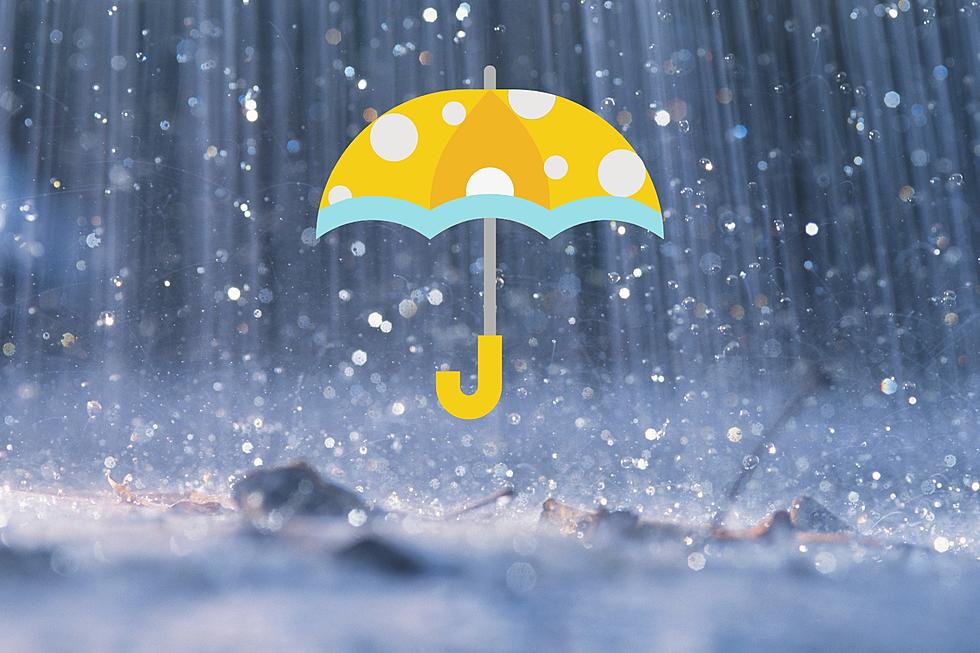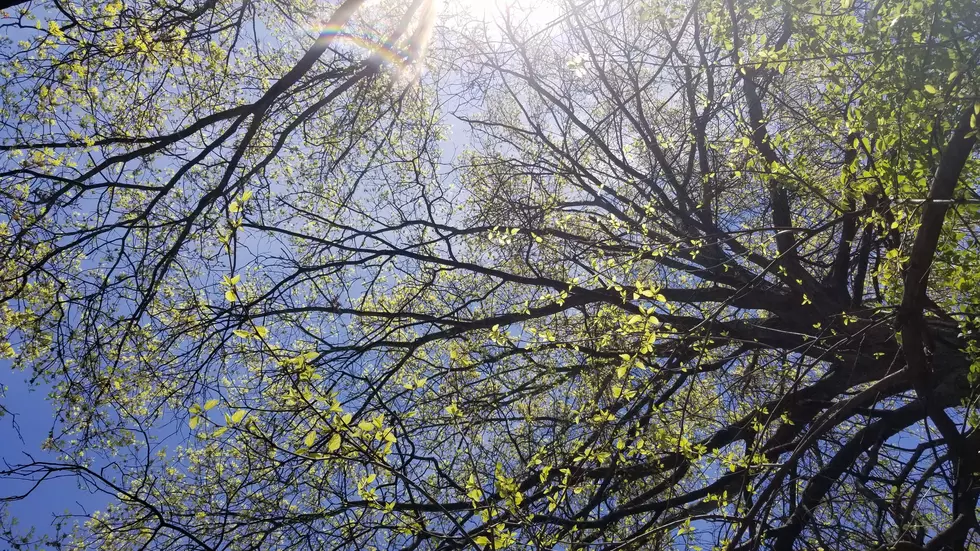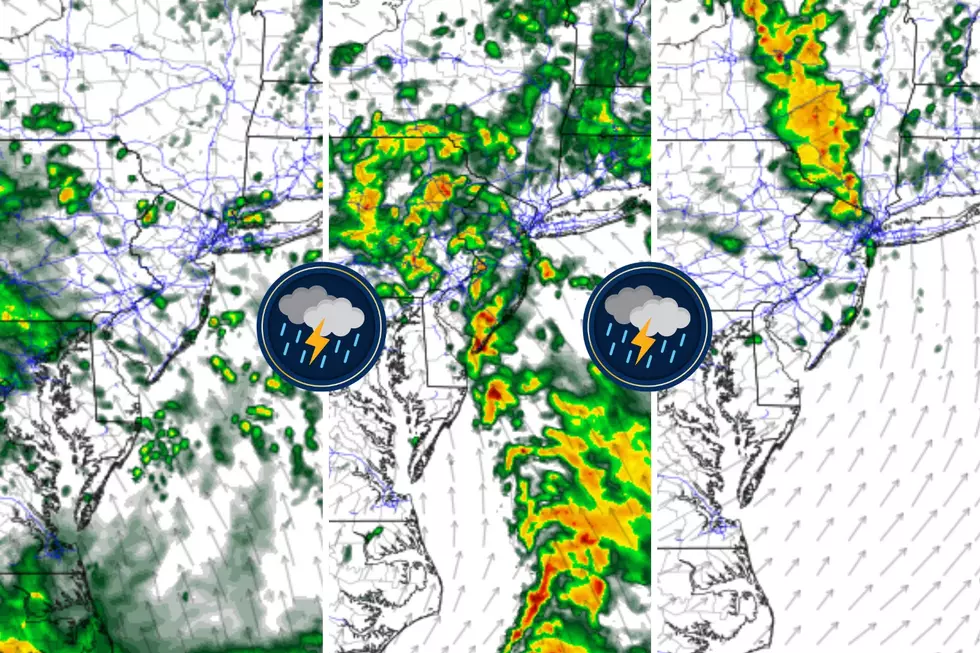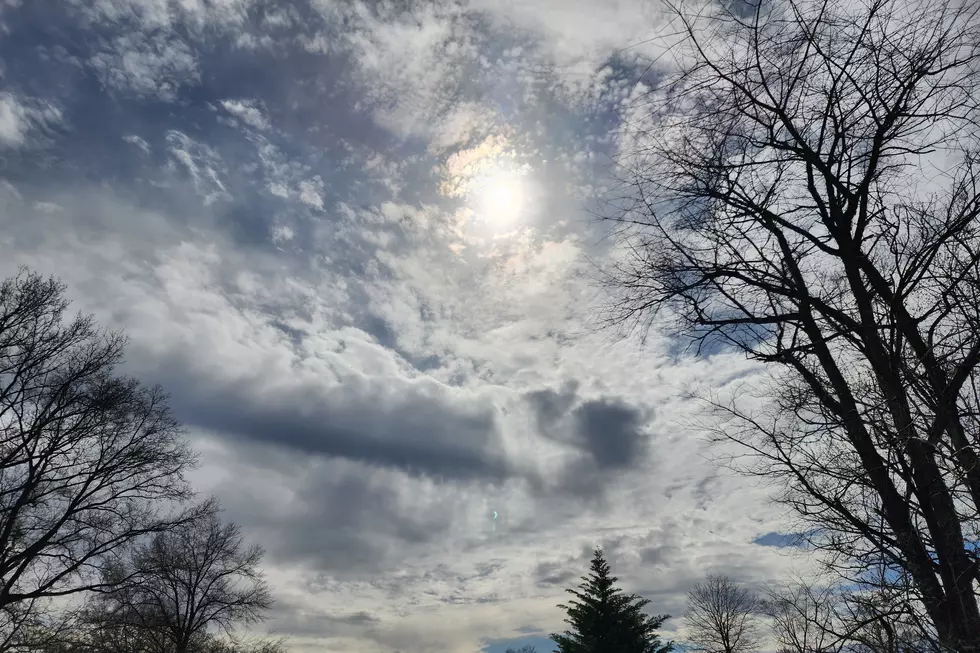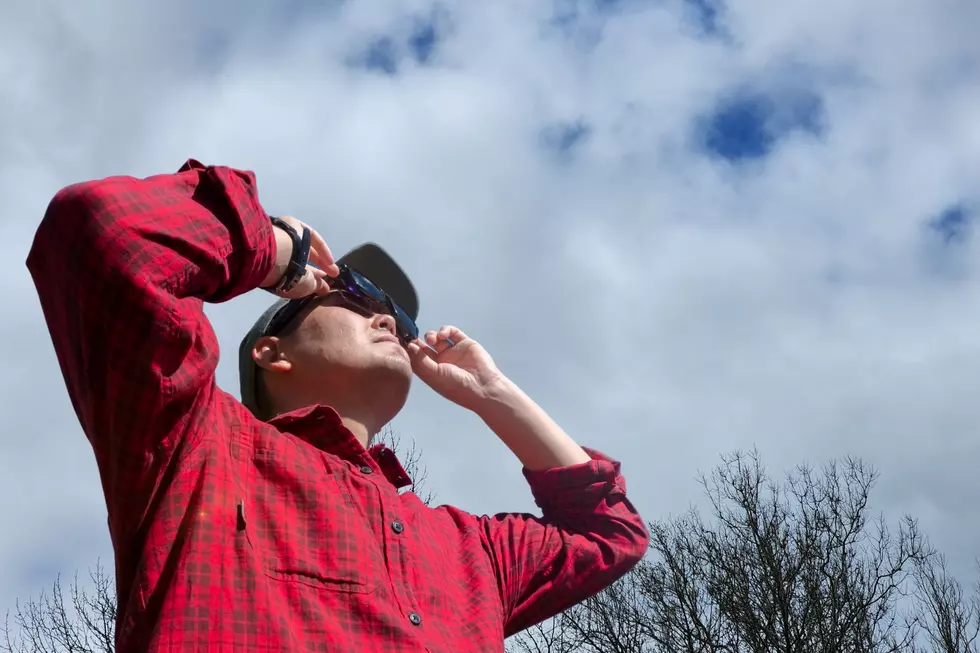![With Little Rain For Months, NJ Faces A Drought Scenario [AUDIO]](http://townsquare.media/site/385/files/2012/04/drought2.jpg?w=980&q=75)
With Little Rain For Months, NJ Faces A Drought Scenario [AUDIO]
New Jersey got near record amounts of rainfall last year with hurricane Irene and several other major storms, but 2012 has been a totally different story.
Dave Robinson, New Jersey State Climatologist at Rutgers, says " the first 3 months of 2012 were the 3rd driest on record in New Jersey, and we have records going back to 1895 - but we've been getting increasingly drier as we've gone through January, February and March, and here we are in April, and very little rain has fallen."
He says even though it has not rained much lately, "our water supplies, our reservoirs, are at average capacity for this time of the year- thanks to a record wet 2011…however all the other hydrologic indicators - stream flow, ground water levels, and of course the amount of water that's falling into the rain buckets - are all well below average for this time of the year…we've primed ourselves for more trouble down the road if timely rains don't fall over the coming months."
Nevertheless, Robinson points out "sometimes you come out of a drought with a couple of major rain events in a week, or several weeks time, and we're still in the position where that would be all we would need to alleviate a lot of this short term dry spell- another way of doing it is if we just return to our normal 4 or so inches of rain a month - over the next couple of months - that would allow the reservoir levels not to get depleted too quickly- it would keep the ground moist , allow for the planting season…we're not in a real deep hole yet, however "we're beyond the point where we can just say - oh it's just been dry for a little while- which is a point where so many of these indicators are suggesting we're in the early stages of a drought."
He also says "there's no threat of water restrictions at this point, but the cushion - if you will - that we had going into this winter… that cushion is gone…I think, when it comes to declaring the onset of a drought - we're right there…we'll just have to see how warm and dry it is in the coming weeks - to see how the reservoirs begin to respond."
More From New Jersey 101.5 FM
